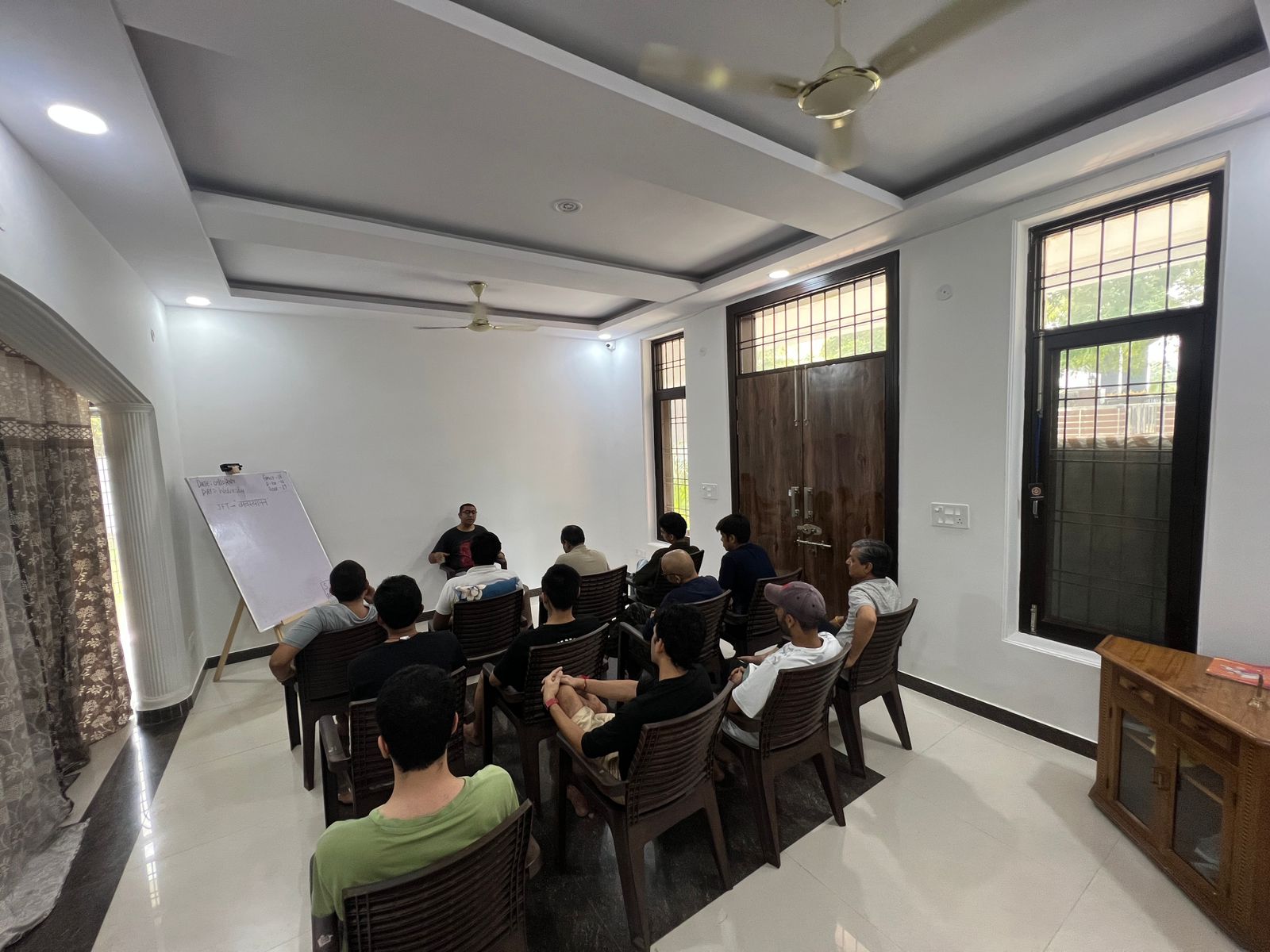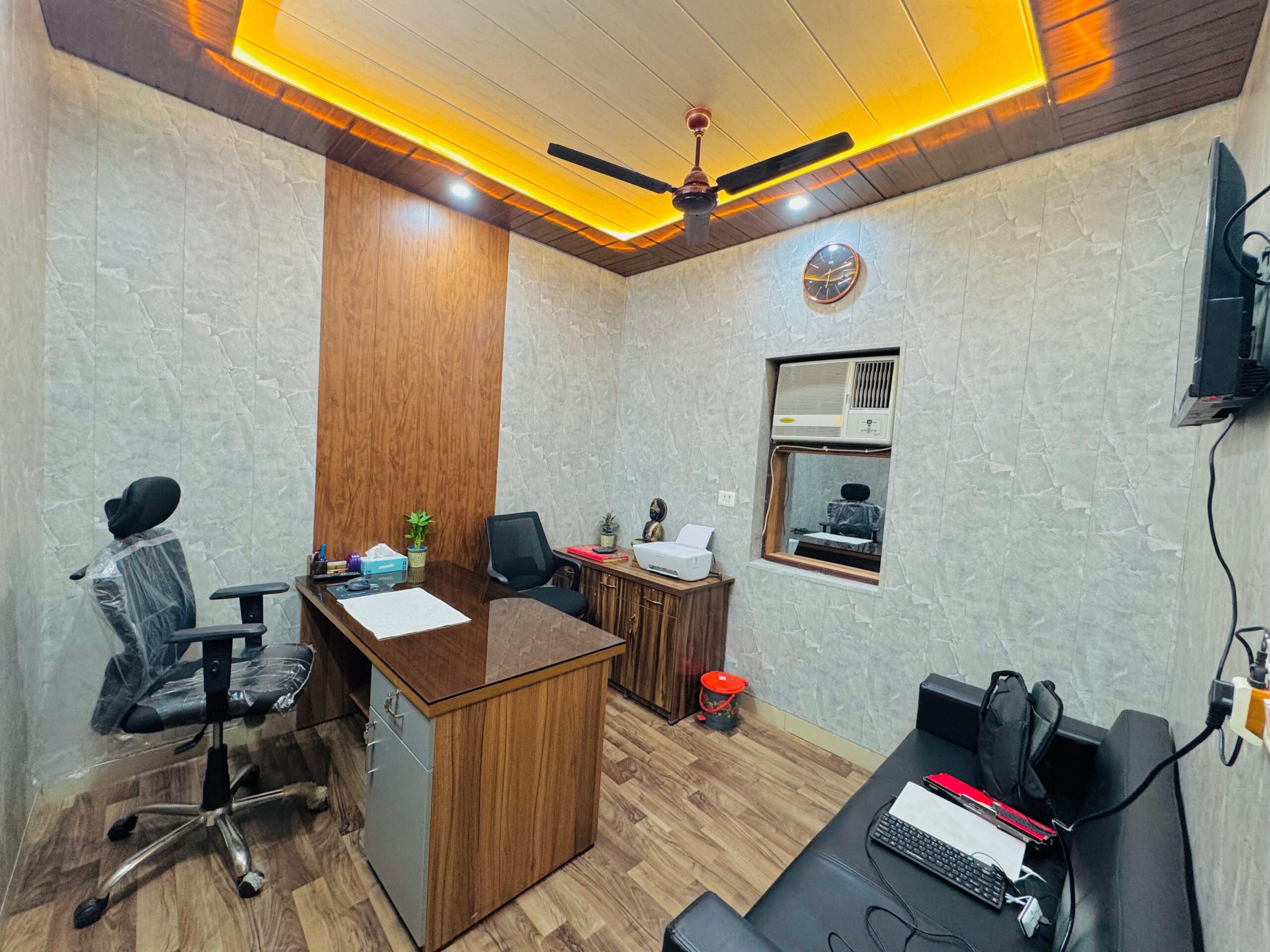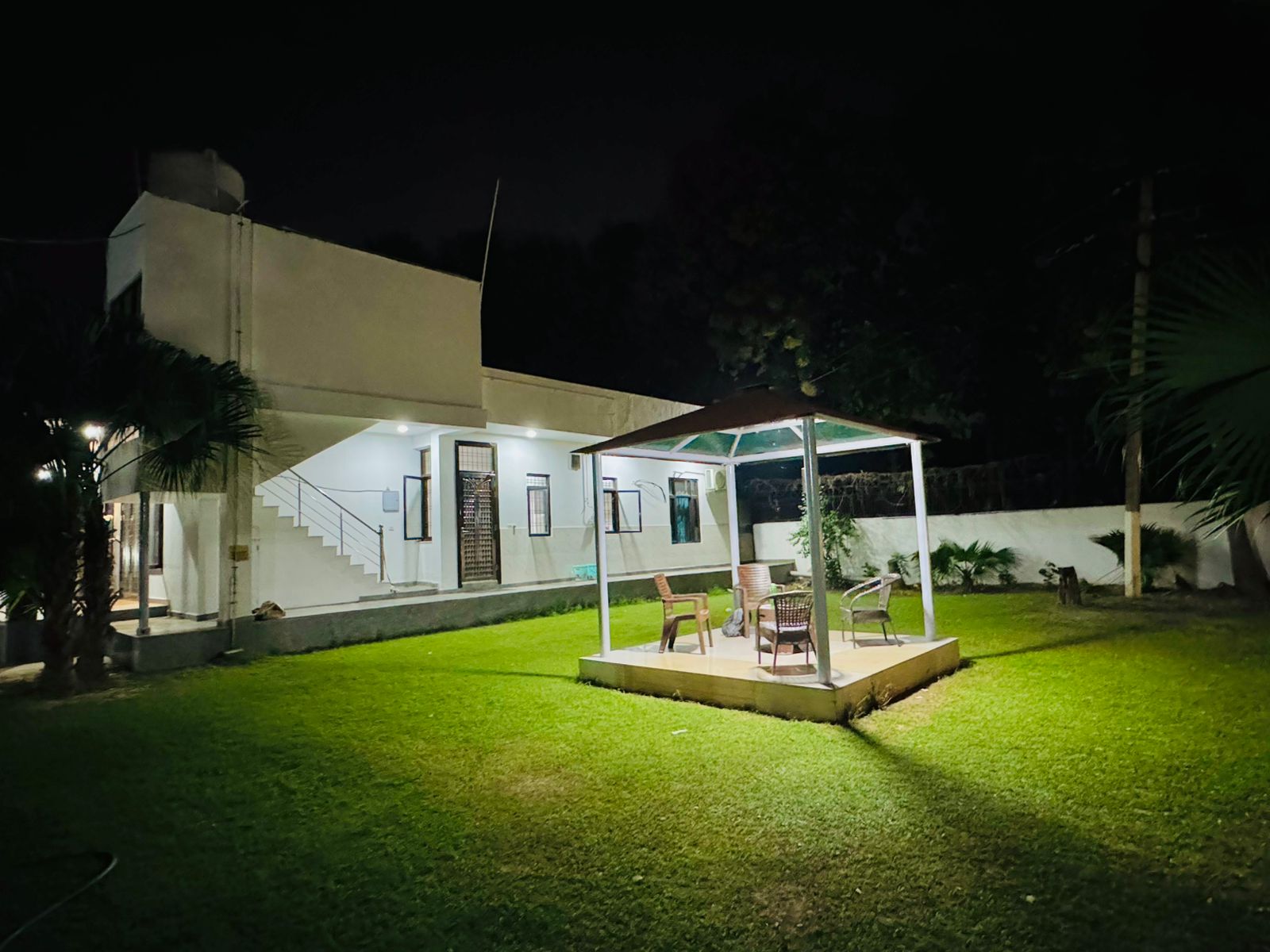New Delhi Male Deaddiction Centre | Ghaziabad Male Deaddiction Centre | Ghaziabad Nasha Mukti Kendra | Delhi Nasha Mukti Kendra |
New Delhi Male Deaddiction Centre | Ghaziabad Male Deaddiction Centre | Ghaziabad Nasha Mukti Kendra | Delhi Nasha Mukti Kendra |



